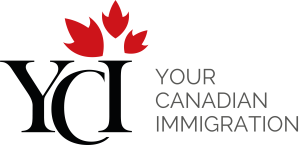New site under development
We offer personalized advice and strategies to maximize your chances of a successful immigration application
YCI is a leading Canadian immigration solutions provider. Our services include visitor visa, permanent resident visa, study permit, family sponsorship, and more!
